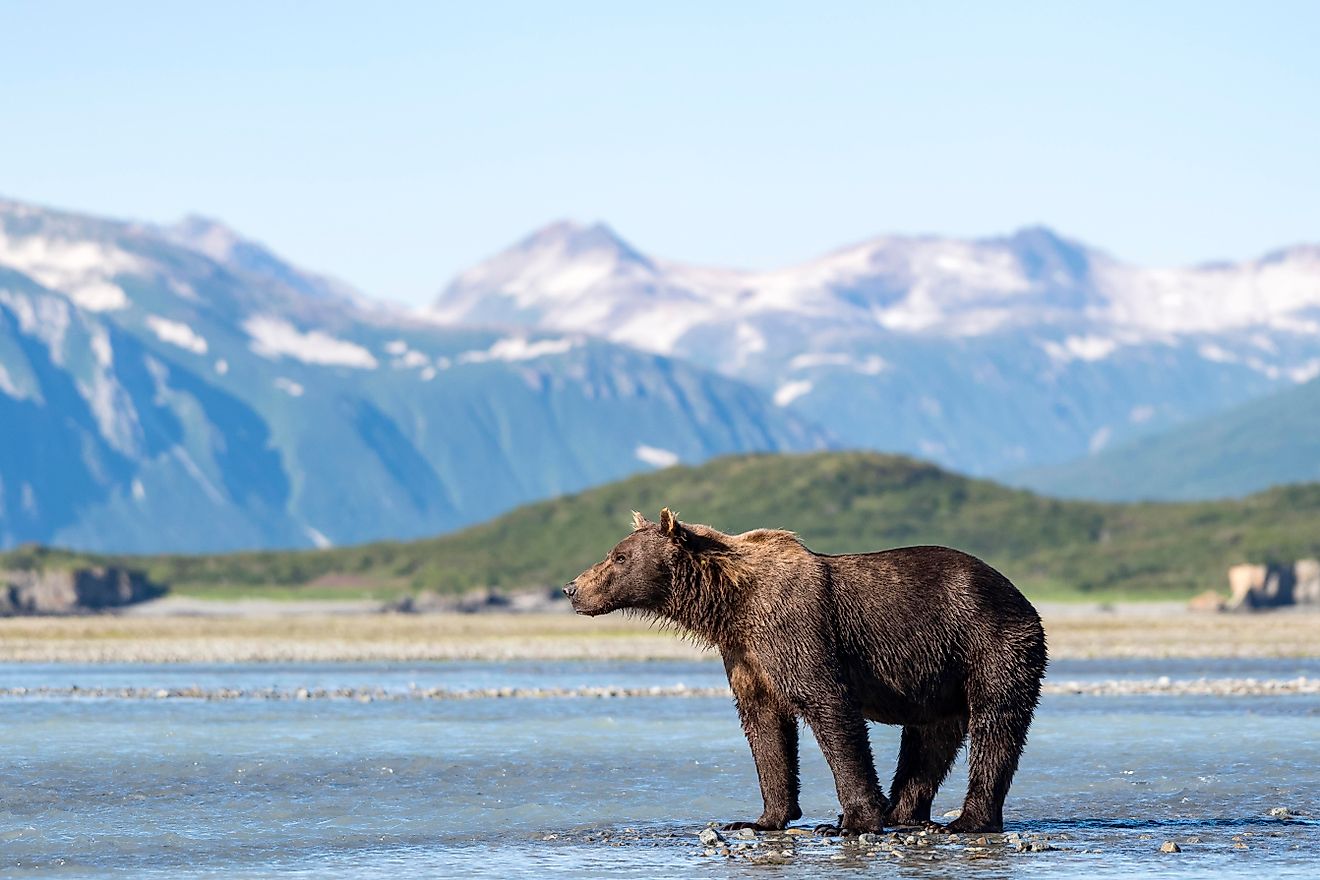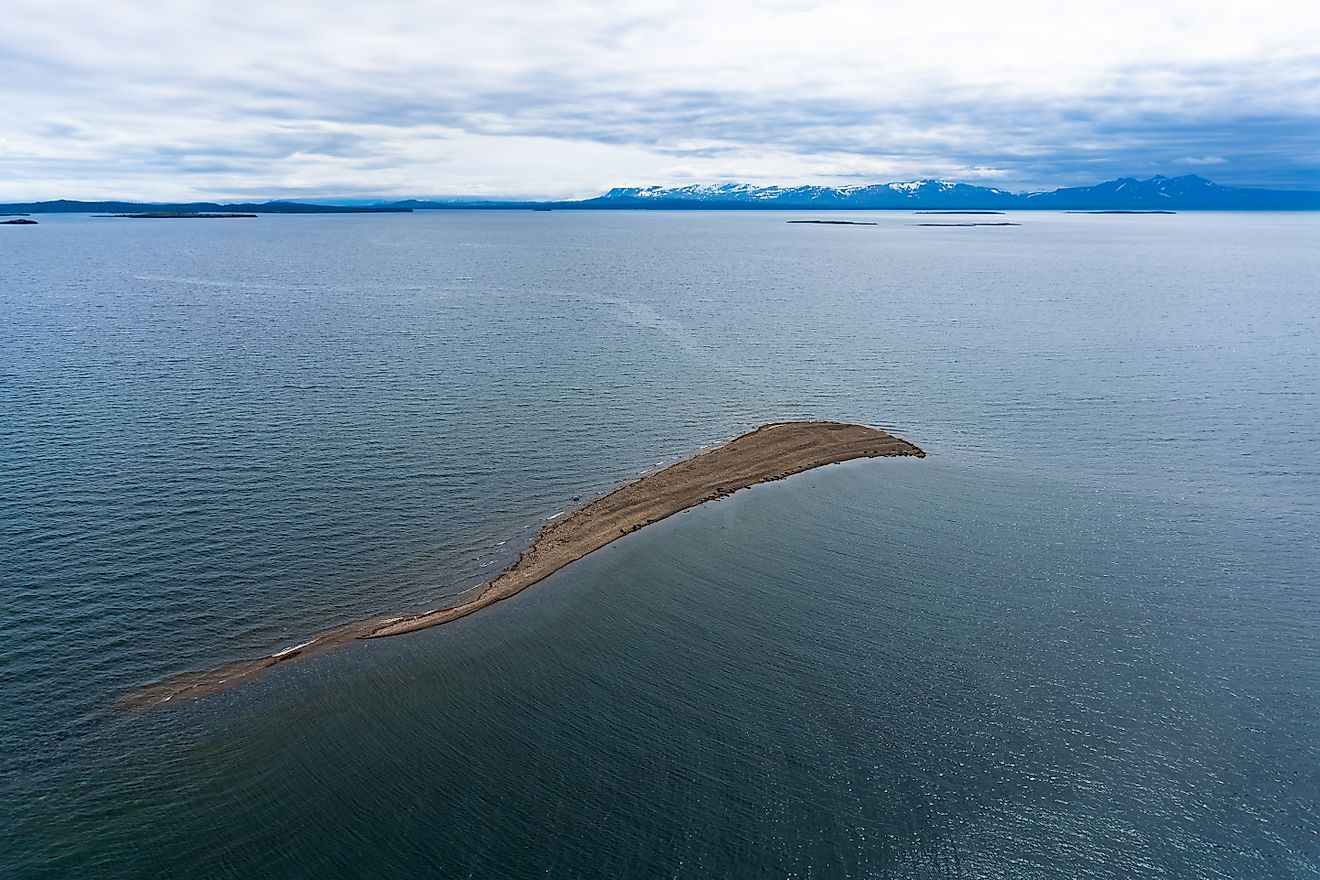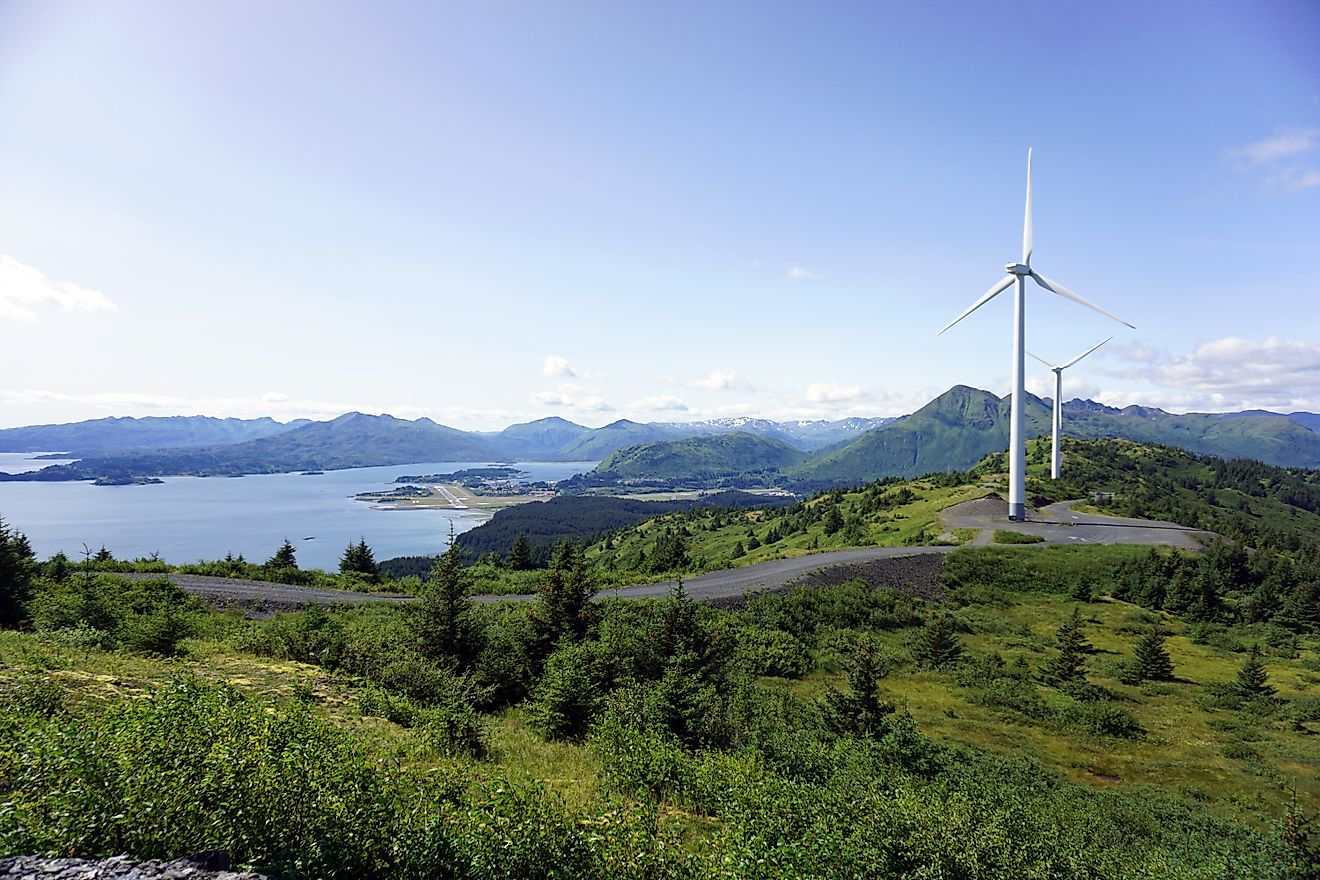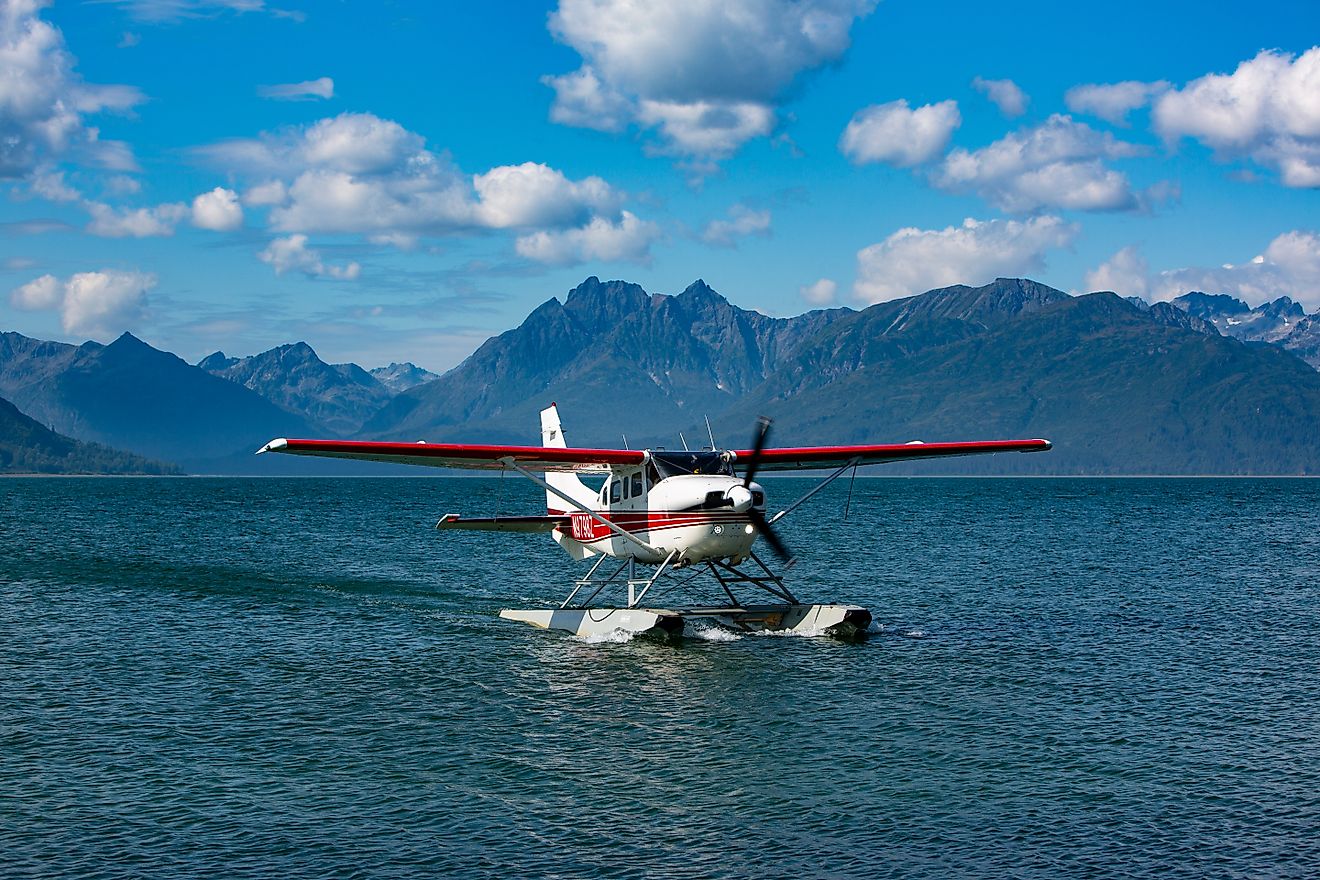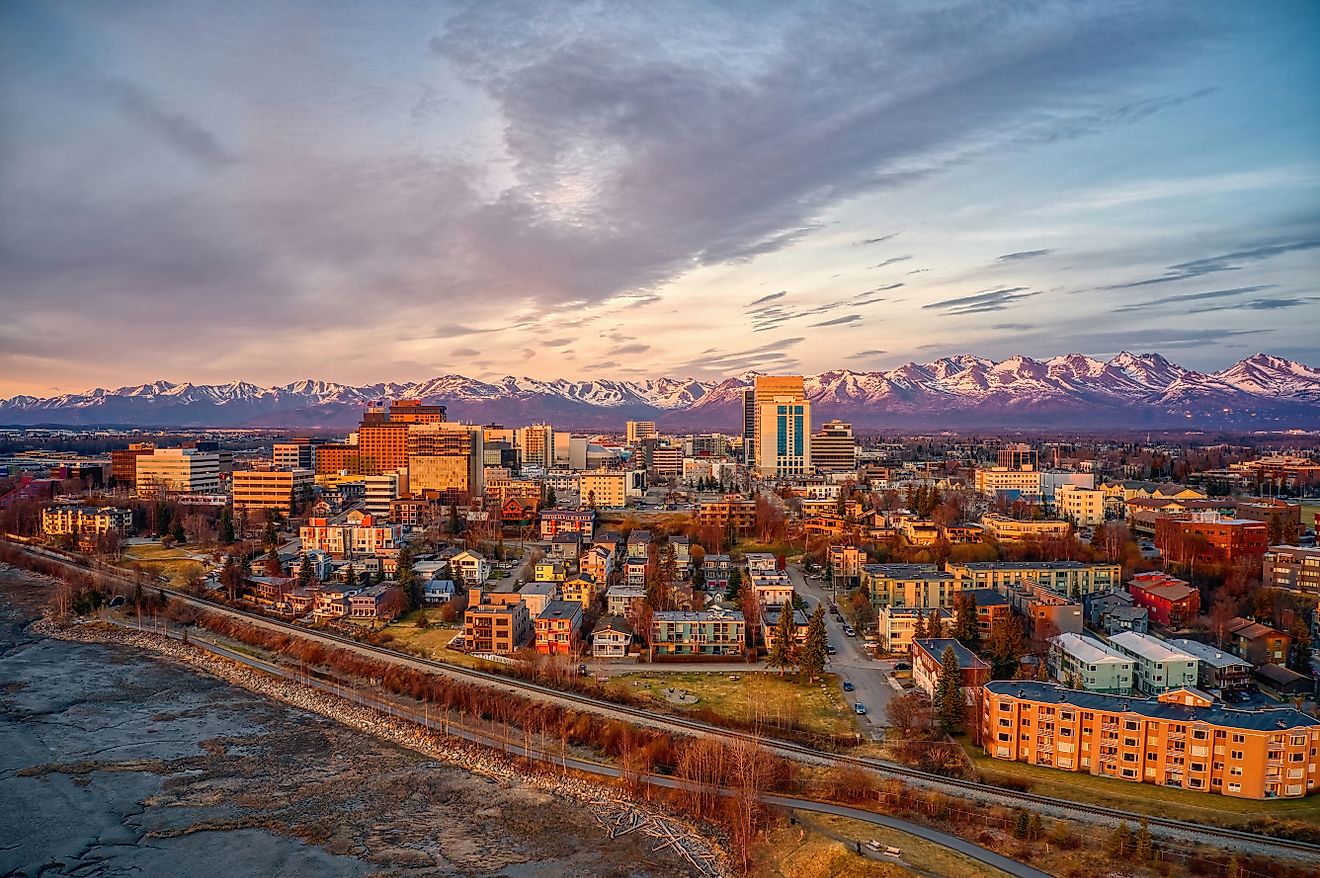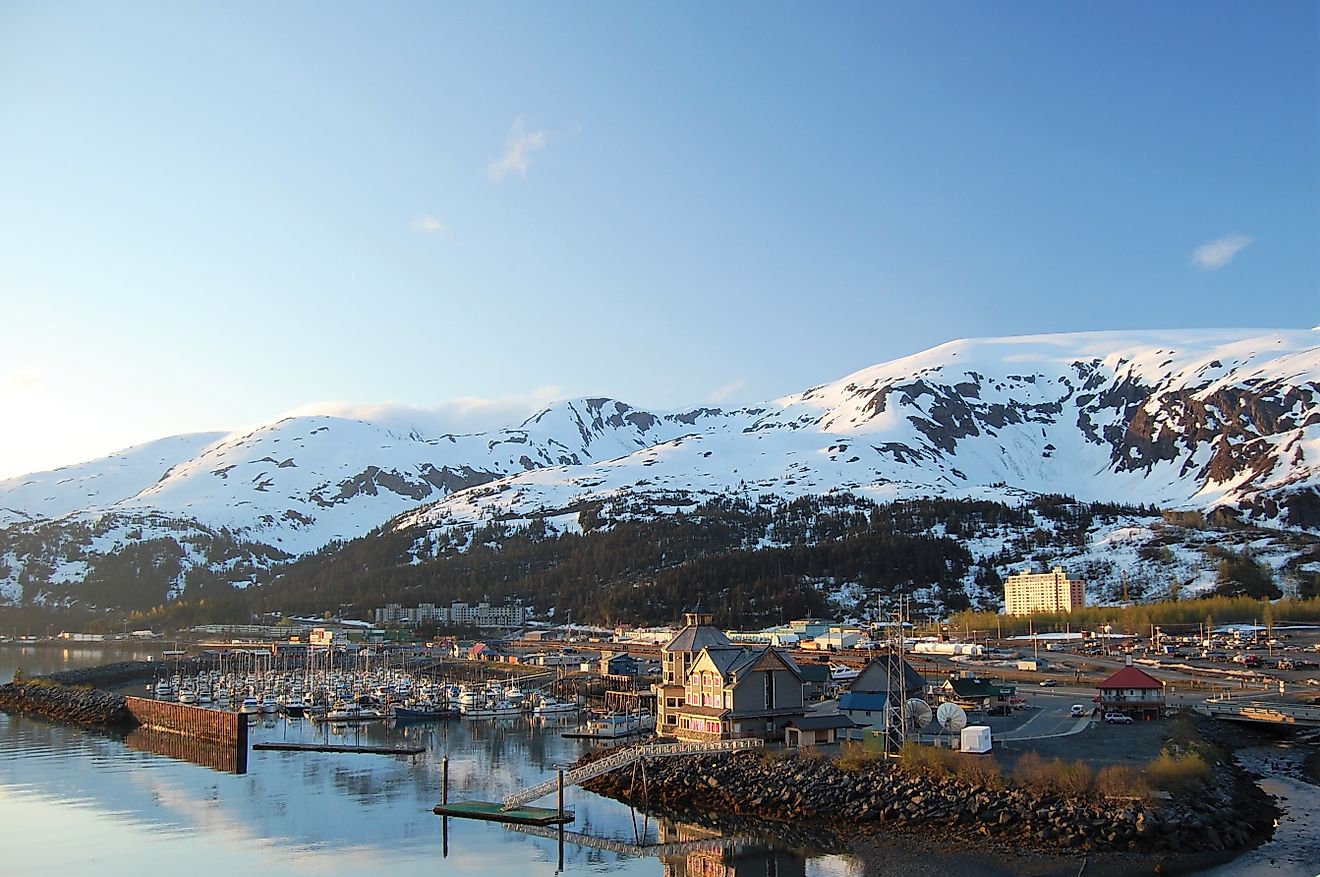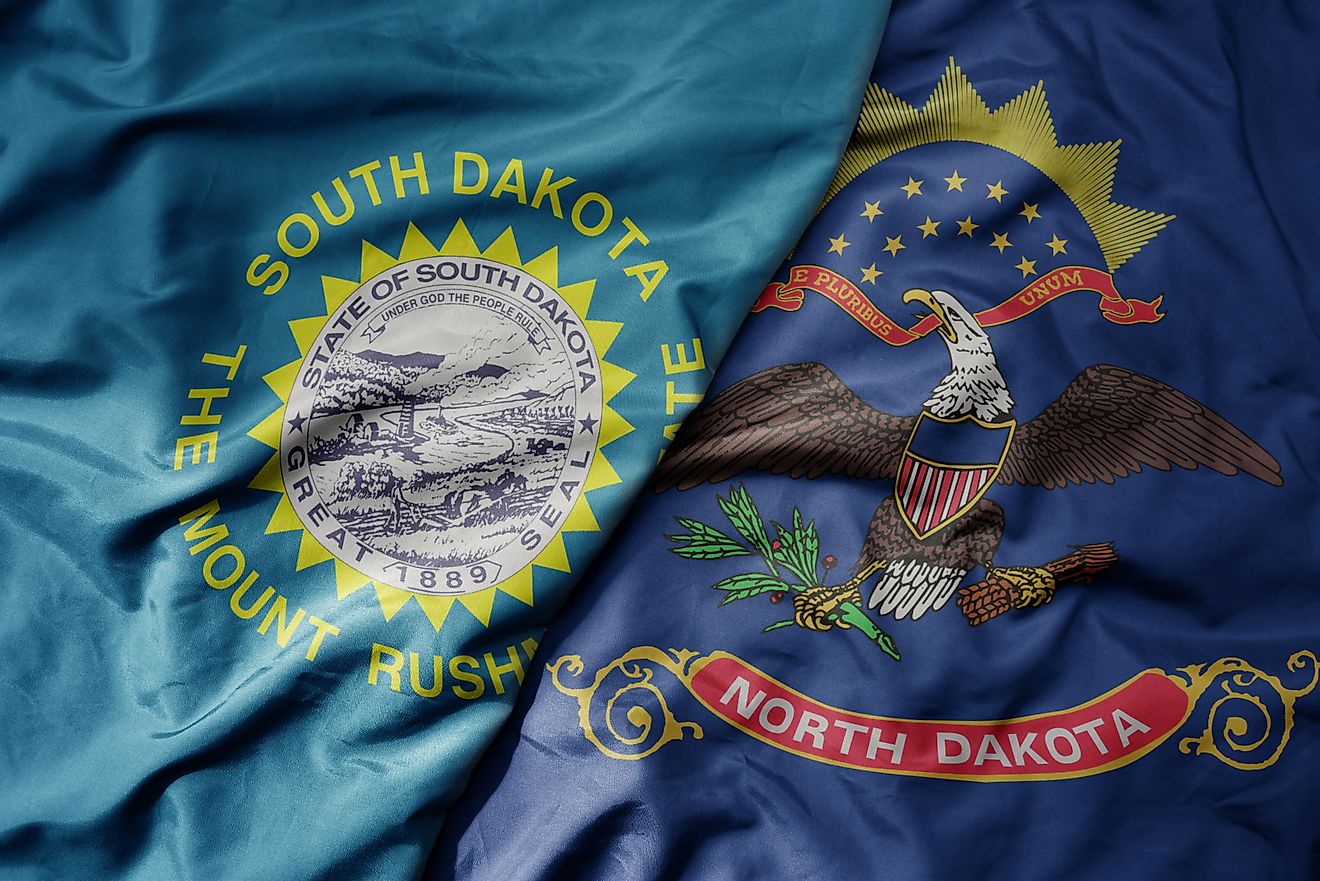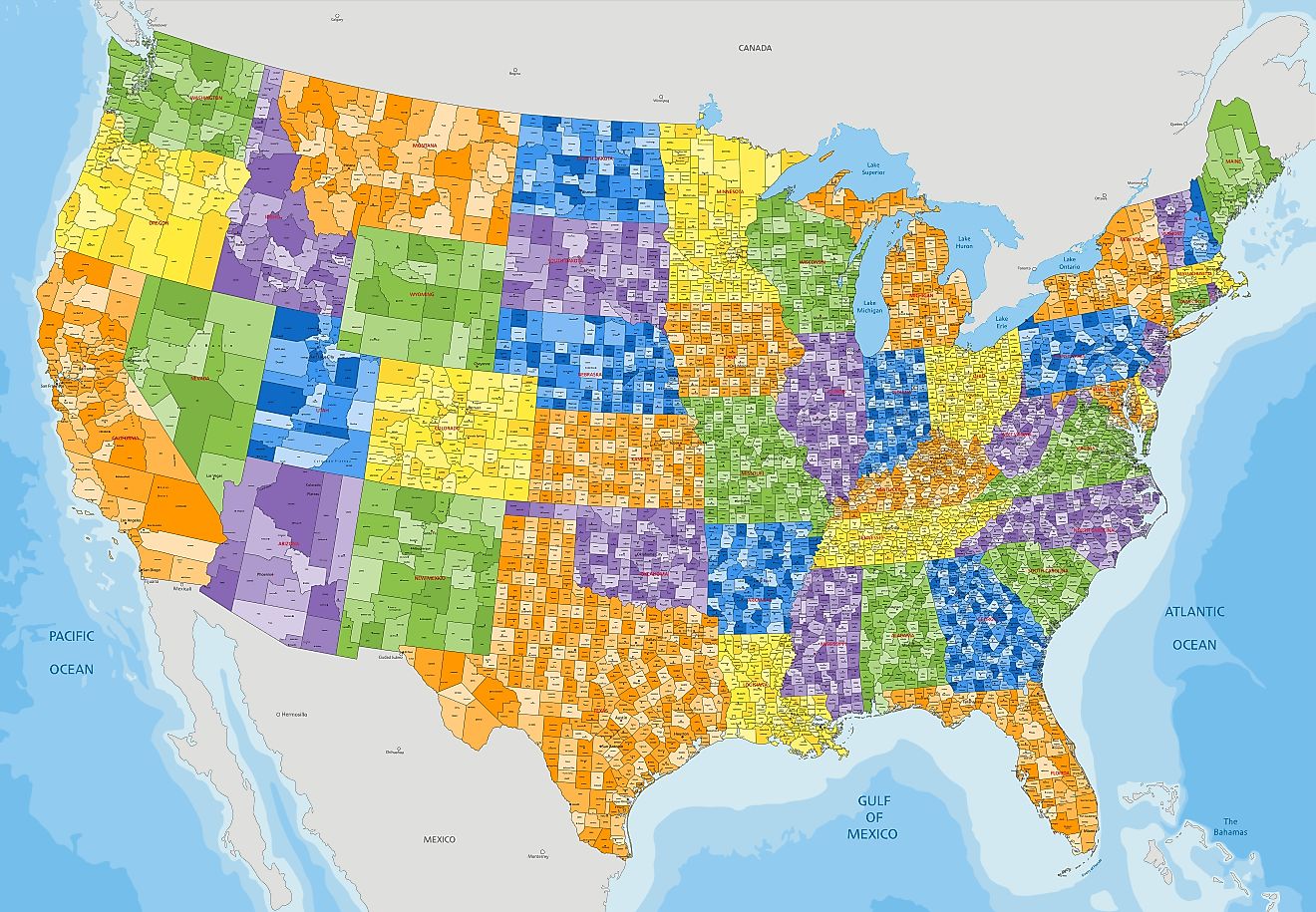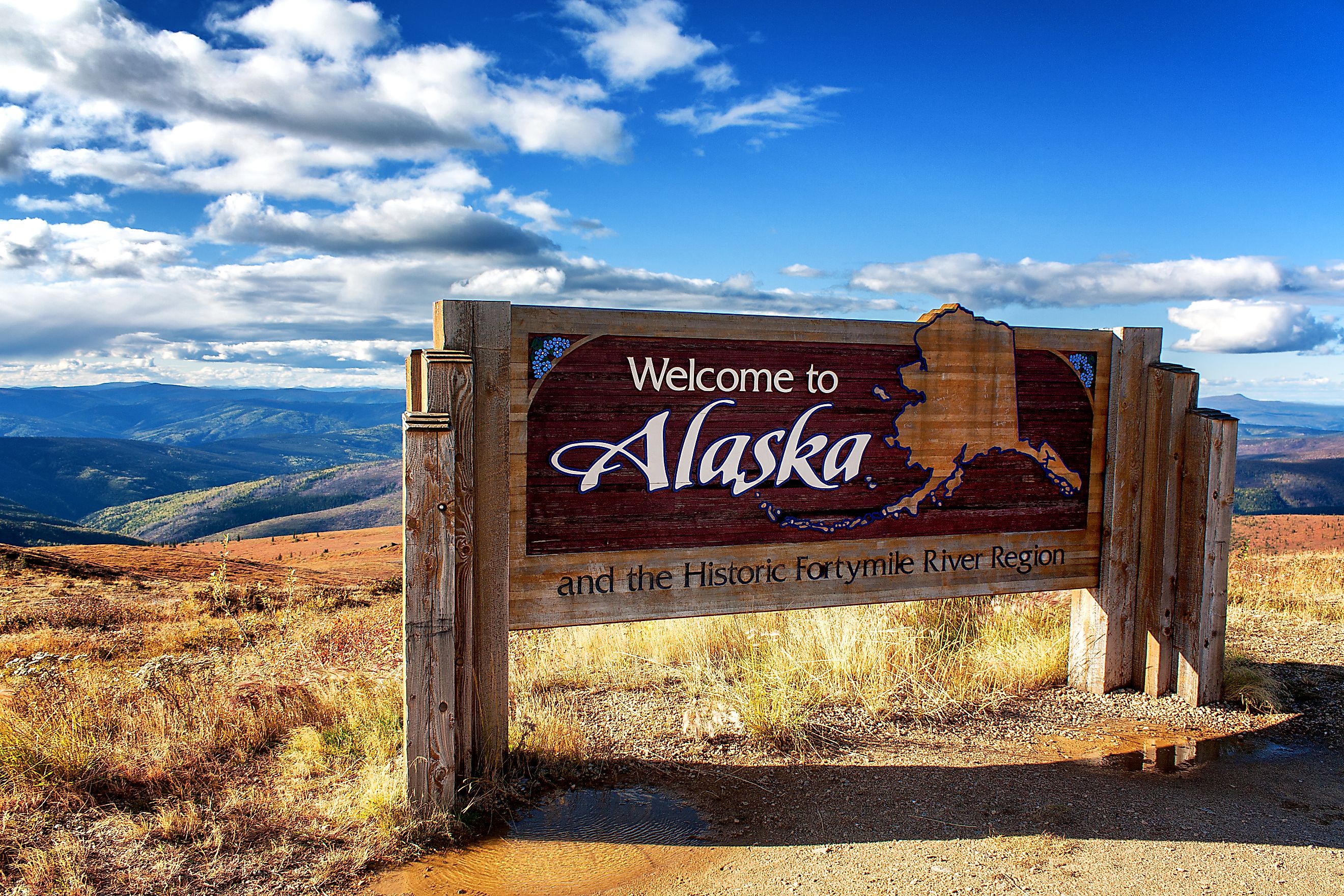
Alaska: Map and Information
Year Established: 1959
Motto: "North to the Future"
Nickname: The Last Frontier
Flag: The Big Dipper
Flower: Alpine Forget-me-not
Tree: Sitka spruce
Bird: Willow Ptarmigan
Song: "Alaska’s Flag"
Area (sq. miles): 665,384
Population: 733,406
Capital: Juneau
Largest City: Anchorage
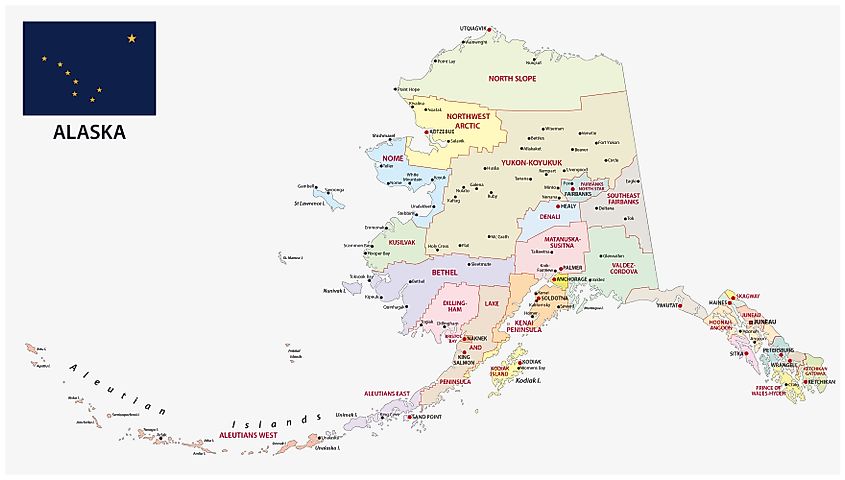
Alaska administrative and political map with flag.
Alaska, the Last Frontier, is a land of unparalleled beauty, rugged wilderness, and rich cultural heritage, located in the northwestern corner of the United States. Encompassing over 663,000 square miles, it stands as the largest state in the nation, offering a vast expanse of diverse landscapes, from towering mountains to vast tundra and pristine coastline.
The history of Alaska is as dramatic as its landscape. Native Alaskan tribes, such as the Inuit, Yup'ik, and Athabaskan, have inhabited the region for thousands of years, living in harmony with the land and sea. Russian explorers began colonizing Alaska in the 18th century, establishing fur trading outposts and Orthodox Christian missions. In 1867, Alaska was purchased by the United States from Russia in the landmark Alaska Purchase, opening the door to American settlement and development.
Alaska's cultural landscape is as diverse as its history. In cities like Anchorage, Fairbanks, and Juneau, one can experience a unique blend of indigenous, Russian, and American influences. Anchorage, the largest city in the state, is a vibrant cultural hub with a thriving arts scene, eclectic dining options, and access to outdoor adventures. Fairbanks, located in the heart of the Interior, offers a glimpse into Alaska's gold rush history and serves as a gateway to the Arctic wilderness. Juneau, the state capital, is nestled in the scenic Inside Passage and boasts a rich Native Alaskan heritage, as well as access to majestic glaciers and fjords.
Beyond its urban centers, Alaska's landscape is characterized by its pristine wilderness and abundant wildlife. The state is home to eight national parks, including Denali National Park and Preserve, Wrangell-St. Elias National Park and Preserve, and Glacier Bay National Park and Preserve, showcasing some of the most spectacular scenery on earth. Alaska's remote wilderness areas offer unparalleled opportunities for outdoor recreation, including hiking, kayaking, fishing, and wildlife viewing.
Alaska's cultural heritage is deeply rooted in its indigenous traditions, with Native Alaskan cultures playing a central role in shaping the state's identity. The state's culinary scene reflects this diversity, with a focus on locally sourced ingredients such as wild salmon, reindeer, and foraged greens.
What sets Alaska apart is its vast wilderness, rich cultural heritage, and sense of adventure. Whether exploring its rugged landscapes, experiencing its indigenous traditions, or marveling at its abundant wildlife, Alaska offers visitors an unforgettable journey into the heart of the Last Frontier.
